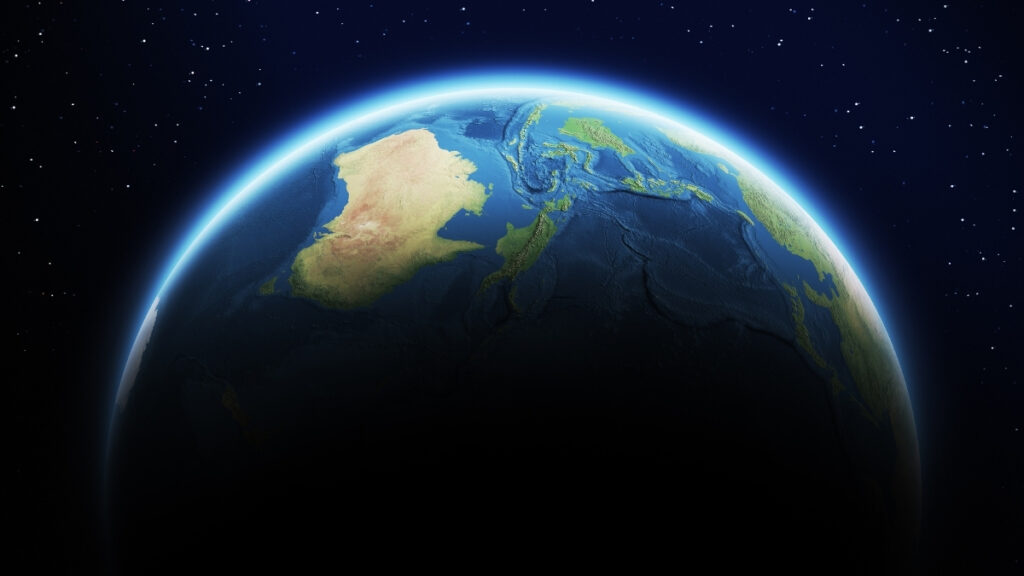
The latest findings from the 2025 Global Tipping Points Report indicate a critical environmental crisis: the world has surpassed a temperature threshold that can sustain warm-water coral reefs. This alarming conclusion, reached by a collaboration of 160 scientists across 23 countries, confirms that mass coral die-offs are occurring at an estimated 1.2 °C warming above preindustrial levels—an increase we have now exceeded.
According to Manjana Milkoreit, a sociologist from the University of Oslo and a contributor to the report, addressing these tipping points is emotionally challenging. She emphasizes the importance of confronting these issues rather than ignoring them. The report highlights that human-induced global warming is decimating some of Earth’s most vibrant ecosystems, including the Great Barrier Reef in Australia and Florida’s Sombrero Reef.
Recent history has recorded four major global coral bleaching events, with two occurring within the last decade. Notably, the Great Barrier Reef has experienced severe bleaching in the years 2016, 2017, 2020, 2022, 2024, and again in 2025. Tim Lenton, an earth system scientist at the University of Exeter, noted that the world has recently endured periods of 1.5 °C warming, leading to unprecedented bleaching affecting 80 percent of the global reefs.
This rapid succession of bleaching events is occurring too frequently for reefs to recover, resulting in mass coral mortality and threatening numerous marine species that depend on these ecosystems. Lenton pointed out that approximately 500 million people rely on coral reefs for their livelihoods, including fishing and coastal protection. The ecosystem services provided by these reefs are valued at over US$2 trillion annually.
While Lenton believes coral reefs can regenerate, he stresses that cooling global temperatures is essential for effective restoration efforts. Unfortunately, current trajectories predict warming of 2.5 to 3 °C later this century, which could lead to the collapse of significant parts of the West Antarctic ice sheet or the Greenland ice sheet. Such events would accelerate sea level rise, with long-term consequences that could result in multiple meters of sea level increase.
The report serves as a warning that corals represent more than just a fragile ecosystem; they are a barometer for the health of other critical Earth systems. Each fraction of a degree in warming pushes more systems towards collapse. Mike Barrett, chief scientist at WWF-UK, articulated the gravity of the situation, stating that inaction could lead to the loss of not only coral reefs but also vital systems like the Amazon rainforest and essential ocean currents.
Despite uncertainties surrounding the exact tipping points, the report underscores that climate change is already causing fatalities and disruptions worldwide. The scientists involved also discuss potential positive tipping points, where constructive changes can lead to self-sustaining improvements, notably in renewable energy sectors such as wind, solar, and battery storage.
As the COP30 climate talks approach in November, there is an urgent need to accelerate the transition to renewable energy and identify additional positive tipping points. Milkoreit encourages individuals to advocate for ambitious climate policies, support organizations focused on climate awareness, and utilize their voices to hold leaders accountable.
The threats posed by these tipping points are immediate and require decisive actions to protect both current and future generations. The full report, along with summaries and case studies, is available for public access, providing critical insights into the actions needed to mitigate this existential crisis.







